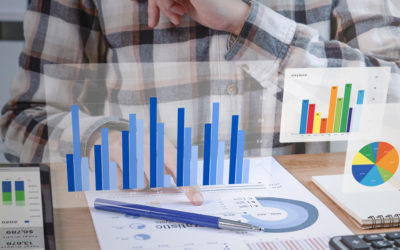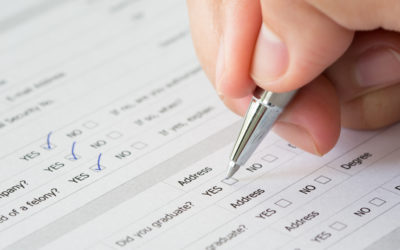
Before the introduction of GST we had so many taxes in India like excise, service tax, customs, VAT and many more. To simplify things the Government of India in 2014 came up with GST.
What is GST?
The Goods and Service Tax is a term signifying a one tax, one nation policy. An end user that consumes any goods or services pays the GST.
History of GST
GST was not something that just came up recently. It has been a 17 year long journey for GST to be a reality. The whole idea of GST was conceptualized in 1999 when Attal Bihari Vajpayee was heading the NDA government. He was the man who approved the idea of GST along with some RBI governors of that time. Influenced with such an idea the Vajpayee government in the year 2000 asked the then finance minister West Bengal Asim Dasgupta to design a GST model. He was also asked to put in the necessary technology and logistics for rolling out the GST. Basically Aseem Dasgupta panel did 80% of the GST job and it clearly reflects in today’s GST. Then in 2004 UPA came into power Manmohan Singh became the prime minister. He kept Asim Dasgupta as the head of the GST committee. However in 2011 Asim Dasgupta resigned from the post. Then KM Mani became the Finance Minister of Kerala and became the head of the GST committee. But he was not the man to finish it.
In 2014 BJP came in power with Arun Jaitley becoming the Finance Minister. Finally with Arun Jaitley’s effort and political will, the 17 yearlong GST bill was passed.
Types of GST
India is a federal country where both the center and the state have been assigned the powers to levy and collect taxes. The three types of tax structures are CGST, SGST and IGST. This ensures “one nation one tax”
1. SGST
SGST is State Goods and Services Tax. Under GST SGST is levied by the State government intra state that is within the state supplies of both goods and services. It is governed by the SGST Act. SGST earlier taxes like VAT, luxury tax, purchase tax and others.
2. CGST
CGST is Central Goods and Services Tax. This is a tax levied by the central government on intra state supplies. It is governed by CGST act.
3. IGST
IGST is Integrated Goods and Services Tax. This is a tax levied by the central government on all the interstate that is across the different state supplies of goods and services. It is governed by the IGST Act. It will be also applicable in both the cases on import into India as well as export from India. IGST also serves you to claim ITC.
Who is Eligible for GST?
For Goods and Services Tax the below mentioned entities and individuals are eligible:
- E-commerce aggregators
- Peoples who supply through ecommerce aggregators
- Peoples who pay tax using the reverse charge mechanism
- Individuals who pay tax (Non-Resident)
- Businesses which have a turnover that is more than the threshold limit
- Individuals who have registered before the GST law was introduced
Registration of GST
It is necessary for all buyers, Service providers and sellers to register. Every single company that is appropriate under GST must register itself in the GST portal made by the Government of India. The registered companies will get a unique registration number called GSTIN.
Businesses which make a total income or more than of Rs.20 lakhs in a financial year are required to do GST registration. It usually takes 2-6 working days to process.
Benefits of GST
- Eliminates the cascading of the tax
- Higher threshold for registration
- Composition scheme for small businesses
- Improved efficiency of logistics
- Unorganized sector is registered in GST
- Simple and easy online procedure
- Fewer complications
GST App
A wide variety of GST applications have been designed to run on smartphones. From all these apps, there is a Government-issued application which is called the CBEC GST. This is available in the Google Play Store for your Android smartphone.
Along with that, there are a host of third-party applications. The key focus of such applications is to aid taxpayers, introduce themselves with the idea of GST and in turn, assure that they flawlessly progress to the new taxation system.
Frequently Asked Questions on GST
Question 1: What is the status in respect of taxation of above commodities after introduction of GST?
Answer: The existing taxation system (VAT & Central Excise) will continue in respect of the above commodities.
Question 2: Whether transactions in securities be taxable in GST?
Answer: Securities have been specifically excluded from the 21 definition of goods as well as services. Thus, the transaction in securities shall not be liable to GST.
Question 3: Which authority will levy and administer GST?
Answer: Centre will levy and administer CGST & IGST while respective states /UTs will levy and administer SGST/UTGST.
Question 4: How are exports taxed under GST?
Answer: Exports are zero rated under GST which means that they shall not be taxed and input taxes will be refunded.






